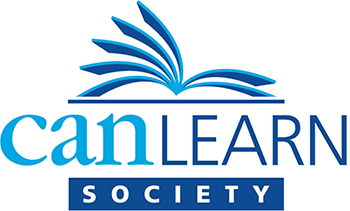While June brings Alice Cooper’s song, “School’s Out” to mind, many children are looking forward to more play, fun, movement, and laughter.
June also brings with it the dreaded report card. How did your child do this year?
Is your child struggling with reading, writing or math? Maybe your child’s teacher has mentioned that they are not meeting grade-level expectations in their class. Academic difficulties can happen for many reasons and can lead to a child feeling anxious, frustrated, or different from their classmates.
The good news is that some strategies and supports can be put in place no matter your child’s age. What strategies or interventions will help your child? First, it’s important to understand what their strengths are and where they may need more support. That’s where a psychoeducational (or “psych-ed”) assessment can help to diagnose a learning disability or Attention Deficit-Hyperactivity Disorder (ADHD).
What is a psychoeducational assessment?
A psych-ed assessment is a standardized assessment of a person’s intellectual abilities and academic skills.
Standardized means that a person’s results are compared to others their age to determine if they are below, at, or above the expected or average range. A typical psych ed assessment involves measuring how a person reasons for different information, how quickly they process information, and their reading, writing, and math skills.
A psych-ed also assesses a person’s oral language, executive functioning, social-emotional functioning, and memory abilities. Depending on the area or areas of concern, the psychologist will create a plan for the assessment. An assessment may involve testing just a few areas listed above (academics and intellect) or may involve a more comprehensive assessment (memory, executive functioning, social-emotional, intellect, and academics).
Understanding where your child’s strengths and weaknesses are will enable one of our registered psychologists to make recommendations for academic support and accommodations that will help your child to do their best in school.
Assessments are very useful for students of all ages from elementary through post-secondary.
We recognize how important these assessments are to gaining a better understanding of strengths and needs. Results can also allow access to essential strategies, accommodations, and services. Financial support may be available for those who qualify (qualifications are based on family household income over the past tax year).
Interested in getting started?

